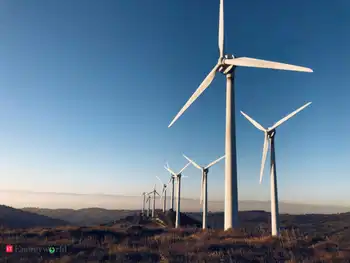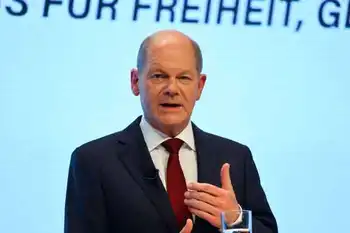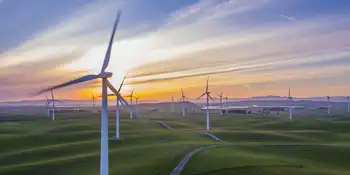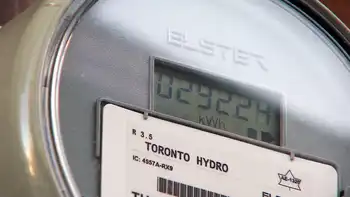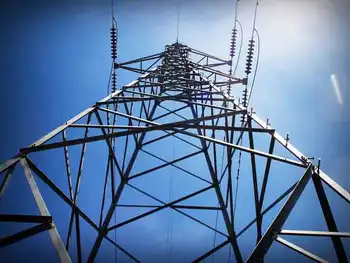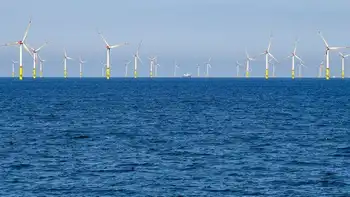UK Energy Price Cap Cut 2024 signals relief as wholesale gas prices fall; Ofgem price cap drops per Cornwall Insight, aided by LNG supply, mild winter, despite Red Sea tensions and Ukraine conflict impacts.
Key Points
A forecast cut to Great Britain's Ofgem price cap as wholesale gas falls, easing typical annual household bills in 2024.
✅ Cap falls from £1,928 to £1,620 in April 2024
✅ Forecast £1,497 in July, then about £1,541 from October
✅ Drivers: lower wholesale gas, LNG supply, mild winter
Households in Great Britain are set to experience a significant reduction in energy costs this spring, with bills projected to drop by over £300 annually. This decrease is primarily due to a decline in wholesale gas prices, offering some respite to those grappling with the cost of living crisis.
Cornwall Insight, a well-regarded industry analyst, predicts a 16% reduction in average bills from the previous quarter, potentially reaching the lowest levels since the onset of the Ukraine conflict.
The industry’s price cap, indicative of the average annual bill for a typical household, is expected to decrease from the current £1,928, set earlier this month, to £1,620 in April – a reduction of £308 and £40 less than previously forecasted in December, as ministers consider ending the gas-electricity price link to improve market resilience.
Concerns about escalating tensions in the Red Sea, where Houthi rebels have disrupted global shipping, initially led analysts to fear an increase in wholesale oil prices and subsequent impact on household energy costs.
Contrary to these concerns, oil prices have remained relatively stable, and European gas reserves have been higher than anticipated during a mild winter, with European gas prices returning to pre-Ukraine war levels since November.
Cornwall Insight anticipates that energy prices will continue to be comparatively low through 2024. They predict a further decline to £1,497 for a typical annual bill from July, followed by a slight increase to £1,541 starting in October.
This forecast is a welcome development for Britons who have been dealing with increased expenses across various sectors, from food to utilities, amidst persistently high inflation rates, with energy-driven EU inflation hitting lower-income households hardest across member states.
Energy bills saw a steep rise in 2021, which escalated further due to the Ukraine conflict in 2022, driving up wholesale gas prices. This surge prompted government intervention to subsidize bills, with the UK price cap estimated to cost around £89bn to the public purse, capping costs to a typical household at £2,500.
Cornwall Insight noted that the supply of liquified natural gas to Europe had not been as adversely affected by the Red Sea disruptions as initially feared. Moreover, the UK has been well-supplied with gas from the US, which has become a more significant supplier since the Ukraine war, even as US electricity prices have risen to multi-decade highs. Contributing factors also include lower gas prices in Asia, mild weather, and robust gas availability.
Craig Lowrey, a principal consultant at Cornwall Insight, remarked that concerns about Red Sea events driving up energy prices have not materialized, allowing households to expect a reduction in prices.
On Monday, the next-month wholesale gas price dropped by 4% to 65p a therm.
However, Lowrey cautioned that a complete return to pre-crisis energy bill levels remains unlikely due to ongoing market impacts from shifting away from Russian energy sources and persistent geopolitical tensions, as well as policy changes such as Britain’s Energy Security Bill shaping market reforms.
Richard Neudegg, director of regulation at Uswitch, welcomed the potential further reduction of the price cap in April. However, he pointed out that this offers little solace to households currently struggling with high winter energy costs during the winter. Neudegg urged Ofgem, the energy regulator, to prompt suppliers to reintroduce more competitive and affordable fixed-price deals.
Related News






